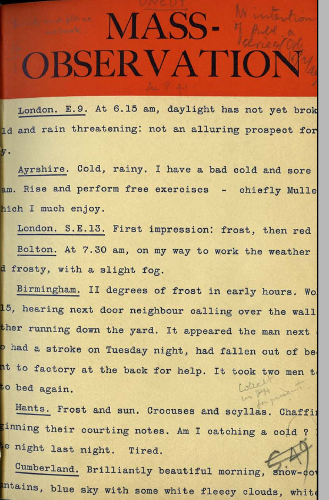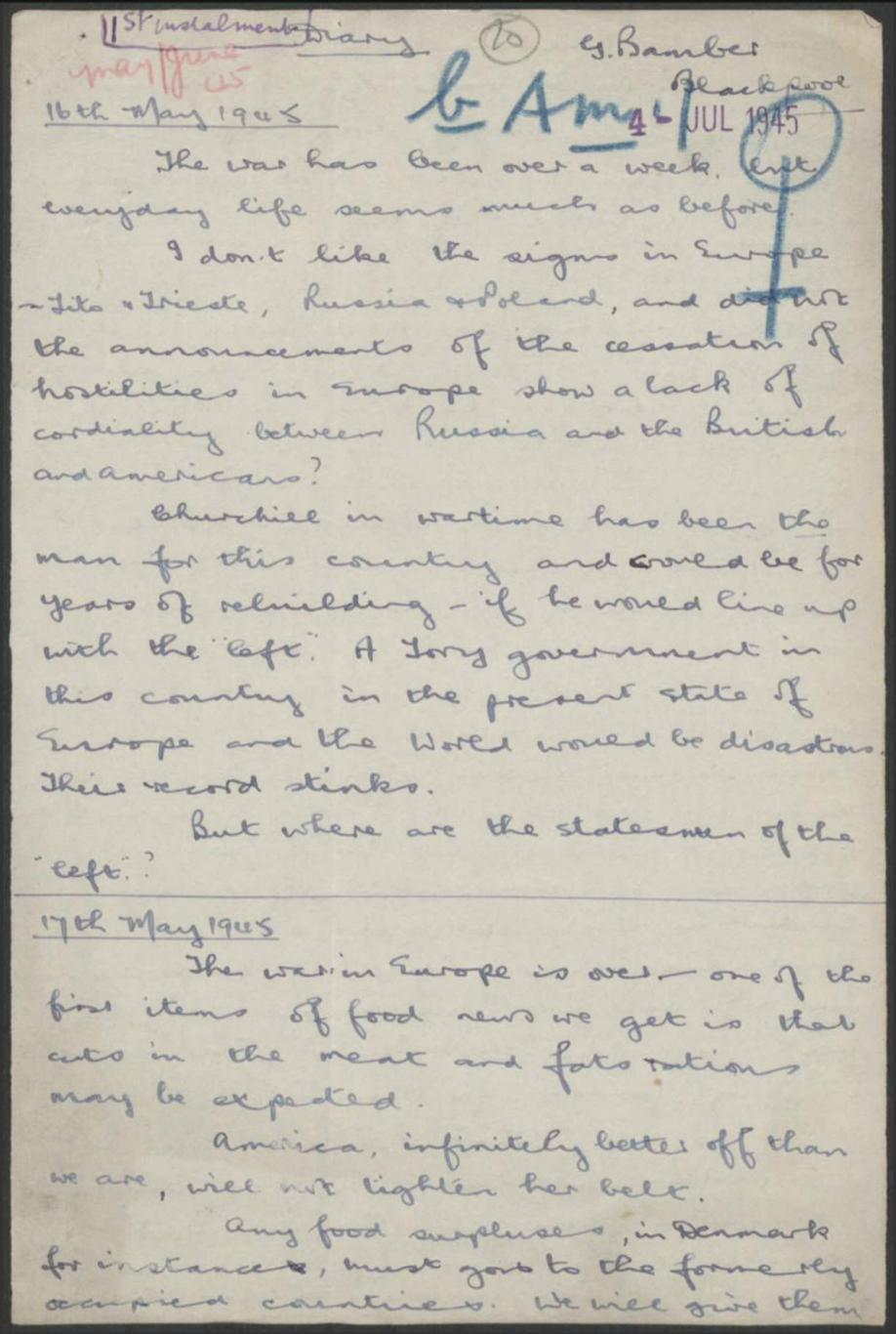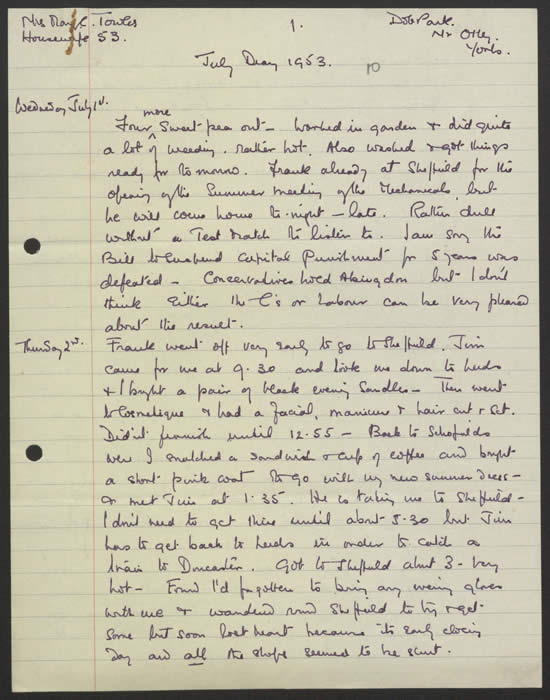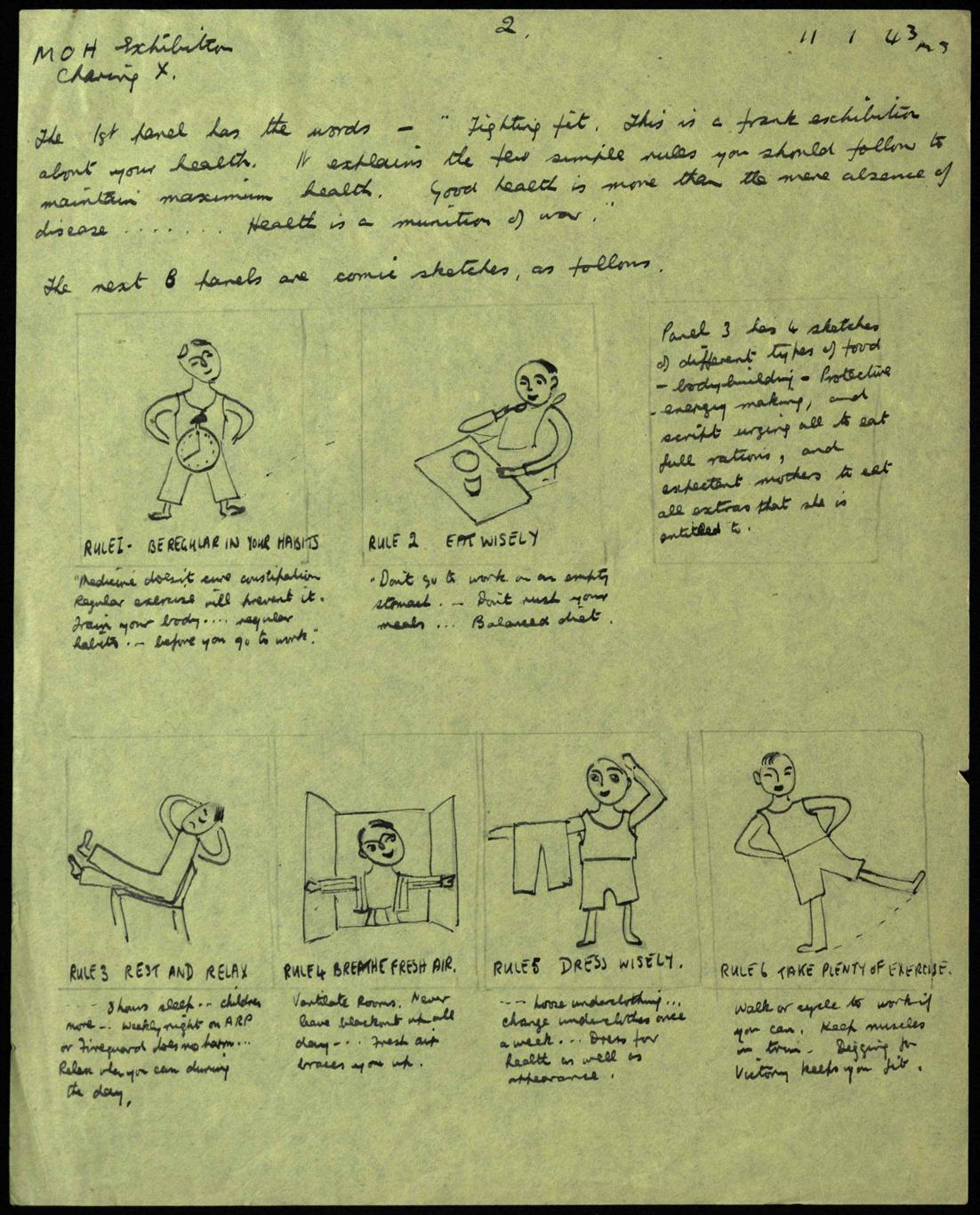
FOREWORD
By Professor Julian Huxley
Science in its progress is advancing nearer to the human heart of things, The first great advances in the scientific renaissance were made in the remoter and simpler fields of astronomy and physics. Then followed chemistry and a little later general biology and physiology. The great revolution in regard to individual psychology did not take place until well into the present century. Now it is the tum of the most complex of all the sciences, sociology, which is also the nearest home, since we live immersed in society as a fish in water, and our ways of thinking and
feeling are molded by the social framework.
Within the social sciences, social anthropology holds an essential place. Yet, with few exceptions, it has started to choose its material from among primitive and out-of-the-way peoples. Here again the trend must be from the remote to the near at hand. Not only scientifically but practically it is urgent to obtain detailed and unbiased information as to the mode of thinking of the larger, more powerful and economically more important groups of human beings. Most urgent of all is to obtain such knowledge about our own group, the English people.
Science has a twofold task—to know and to control. Some sort of scientific control of society, in place of the unscientifc game of politics and the mere play of impersonal economic forces, is overdue: and we shall not obtain any efficient measure of control unless this is grounded in adequate knowledge. For this reason the technique of Mass Observation, here set forth by its inventors, seems to me of great value; for it does aim at disclosing ourselves to ourselves by the application of scientific methods of observation and record.
At the beginning of such a study the work must, necessarily, be almost entirely empirical. In this respect it may be compared with a good deal of bird-watching and natural history observation; and, largely because of its empiricism it has, like them, room for the untrained “amateur ” just as readily as the trained scientist. In fact, some of the “ day-surveys“ I have seen, made by observers with no scientific training, would put many orthodox scientists to shame in their simplicity, clearness and objectivity.
Another valuable feature of Mass 0bservation is that it stimulates and vivifies the observers. Many observers have noted that they are stimulated to take an interest in things and ideas which they had previously taken for granted. It creates a band of socially-minded and scientfically-minded people within the community at large. In many cases an actual day’s work on Mass-Observation seems to exhaust people to an unexpected extent, and yet, I am told, they come up for more.
1 will not comment on the details of the scheme, except to say that I was extremely
interested in the project. for discovering more about the possibilities for a broad social outlet for art. Nothing could well he more valuable than to contribute towards ending the present divorce between the artist and society at large, and towards initiating a period of truly socialized art.
I commend this pamphlet to the attention of the intelligent public, and hope that out of it big things will grow.
The Zoological Society of London, N.W.8 May 1937
More information about the project






